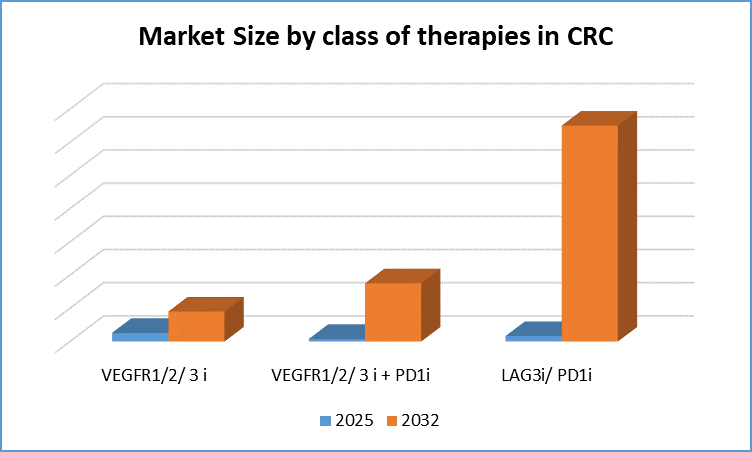
Can fruquintinib prove to be more beneficial than the best supportive care in colorectal cancer?
- Home
- esmo conference 2022
- fruquintinib colorectal cancer
Phase III results of fruquintinib in refractory patients with mCRC
Fruquintinib is a highly selective and potent oral inhibitor of vascular endothelial growth factor receptor (VEGFR) 1/2/3. VEGFR inhibitors play a pivotal role in blocking tumor angiogenesis. The drug is designed to improve kinase selectivity to minimize off-target toxicities, improve tolerability, and provide more consistent target coverage.
FRESCO-2 Phase III, a Multiregional Clinical Trial (MRCT) conducted in the US, Europe, Japan, and Australia investigated fruquintinib plus best supportive care (“BSC”) versus placebo plus BSC in patients with metastatic CRC who had progressed on standard chemotherapy and relevant biologic agents or were intolerant to TAS-102 and/or regorafenib. It recruited 691 patients from approximately 150 sites in 14 countries 15 months ahead of schedule. The FDA granted Fast Track Designation for the development of fruquintinib for treating patients with mCRC in June 2020. Patients who have documented advanced CRC who have previously received treatment with fluoropyrimidine-, oxaliplatin-, and irinotecan-based chemotherapy, in addition to an anti-VEGF agent, will be included in the FRESCO-2 trial. If a patient had RAS wild-type disease, they should have received prior anti-EGFR therapy, while those who are microsatellite instability-high should have received immunotherapy, and those with BRAF-mutant disease needed to have received a BRAF-targeted agent. The prior positive Phase III FRESCO study demonstrated improvement in OS that led to fruquintinib approval for metastatic CRC in China in 2018. In August 2022, HUTCHMED announced that fruquintinib global Phase III FRESCO-2 Study has met its primary endpoint in metastatic colorectal cancer. The company is planning to share the efficacy and safety results of FRESCO-2 Phase III trial in patients with refractory mCRC at the upcoming ESMO conference and aims to apply for marketing authorization with the US FDA, the EMA, and the PMDA.
Executive Summary
The FDA granted Fast Track Designation for the development of fruquintinib for treating patients with mCRC may it get early approval
